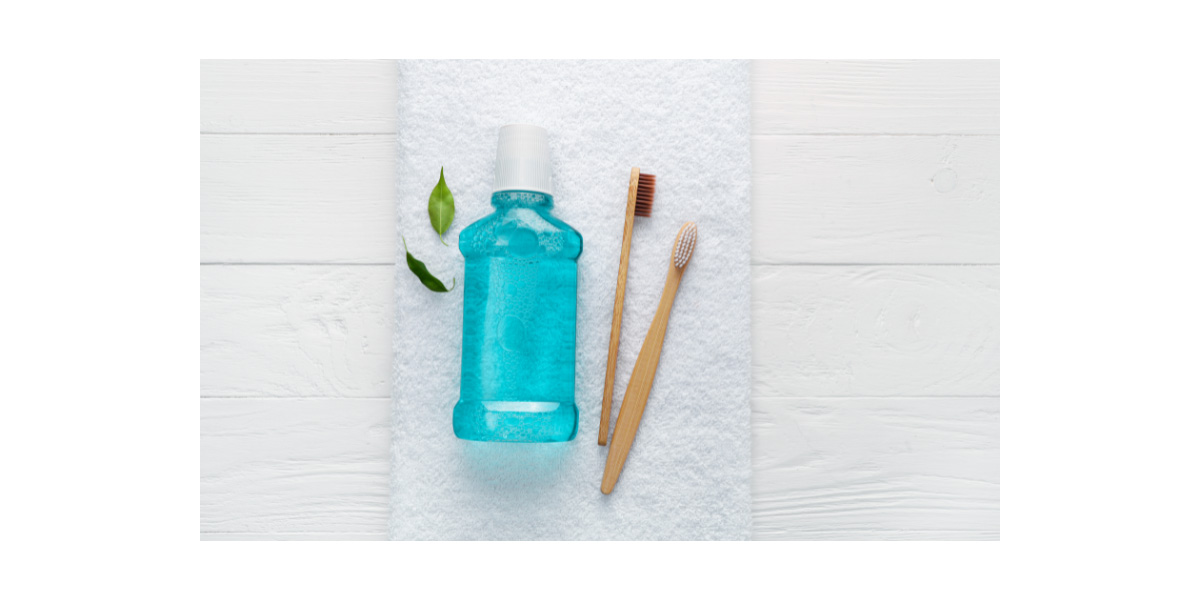Oral Hygiene for Pets
Doctor of Veterinary Medicine

While efforts are made to answer all questions as quickly as possible, if an immediate answer is required or if your pet is in need of urgent or emergency care, contact your pet's veterinarian immediately.
Doctor of Veterinary Medicine

You will receive an answer from Dr. Lindsay and our vet/tech team as soon as possible, usually the same day.
All answers are provided for informational or educational purposes only, and are intended to be a supplement to, and not a substitute for, the expertise and professional judgment of your pet's veterinarian.
It may be necessary to consult your pet's veterinarian regarding the applicability of any opinions or recommendations with respect to your pet's symptoms or medical condition.
CloseDoctor of Veterinary Medicine

An error has occurred, please reload the page and try again.
CloseWhile efforts are made to answer all questions as quickly as possible, if an immediate answer is required or if your pet is in need of urgent or emergency care, contact your pet's veterinarian immediately.
There is no answer related to your question

- According to the American Veterinary Dental Society, 80% of dogs and 70% of cats show signs of oral disease by the age of three.
- Prevention and regular brushing are the best ways to prevent your pet from developing an oral disease.
Use toothpaste formulated for pets
- Commercial toothpaste for humans is not formulated to be used for pets.
- Human toothpaste foams and is not meant to be digested.
- Pets are less likely to cooperate when human ("minty") toothpastes are used during the brushing process.
Try an alternative dental product
- If your pet is uncooperative, initially introduce tooth brushing by using an alternative product for the first few weeks.
- Work your way to a traditional tooth brush once your pet becomes more comfortable with the experience.
Add dental rinses, chews, and treats
- By adding a dental rinse, chew, or treat you can help maintain your pet's oral health and fresh breath.
- When rewarding your pet, try a dental chew or treat instead of a fatty treat.
Incorporating naturally healthy foods like oats and parsley helps maintain healthy teeth and gums.
 Swipe
Swipe



































